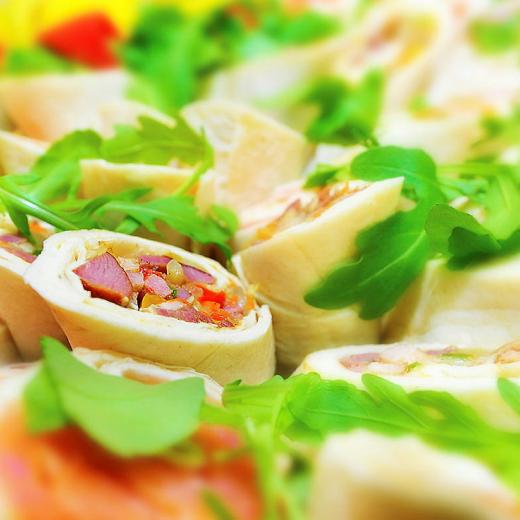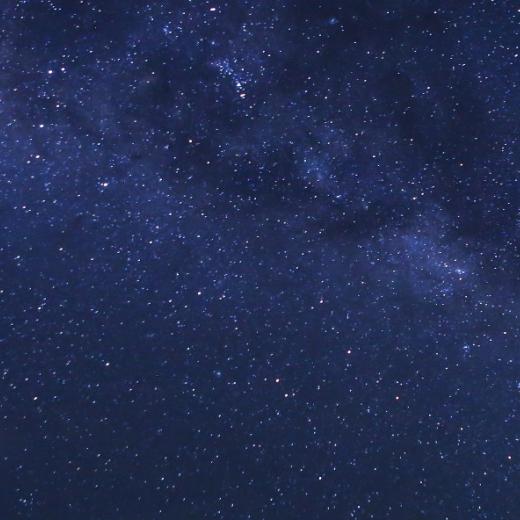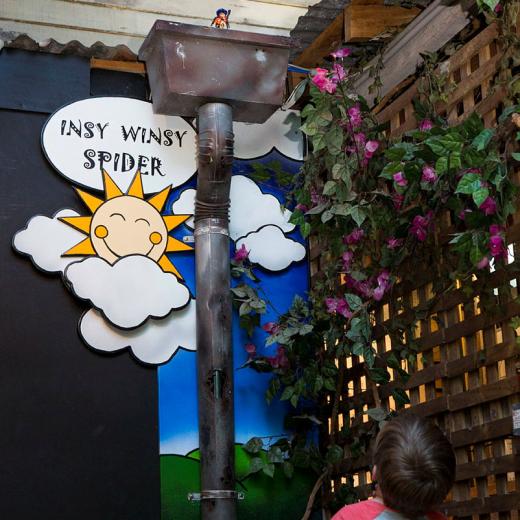BLUF
A lot of things is going on in COVID-19 research, with a few countries developing their own vaccines, including some that are needle-free.Summary
In the race to vaccinate the world against COVID-19—and in the face of supply issues—some countries have developed home-grown vaccines. This article makes the following points:
India has approved the world's first DNA vaccine, a needle-free option.
Canada-based Medicago is growing the vaccine on a plant closely related to tobacco.
Iran initially banned US vaccines, and Taiwan rebuffed jabs from China.
India's home-grown vaccine from Zydus Cadila is the world's first DNA vaccine and is needle-free. The vaccine was approved in August and is delivered via a jet injector that uses a high-pressure stream of fluid to blast the vaccine into the skin cells. It has a reported efficacy of 67 per cent, which is lower than some other vaccines but still above the World Health Organization's 50 per cent threshold. Iran has been the worst-hit country in the Middle East. In January, Iran banned the import of Pfizer and AstraZeneca, citing distrust of the US and UK-made jabs. Later, Iran imported AstraZeneca manufactured in other countries and has now approved the single-dose Johnson & Johnson vaccine. In the meantime, though, Iran has developed its vaccine, which has not been peer-reviewed. Canada-based Medicago is opting for plants for its COVID-19 vaccine. The vaccine is grown in a wild species indigenous to Australia and is related to tobacco.
References
Sep 2021 National Geographic Here’s the latest on COVID-19 vaccines
Sep 2021 The Conversation A researcher’s view on COVID-19 vaccine hesitancy: The scientific process needs to be better explained
Sep 2021 USC Combined COVID-19 and influenza vaccine trials to begin soon
Sep 2021 Yale Medicine Comparing the COVID-19 Vaccines: How Are They Different?
Sep 2021 Sky News COVID-19: Llama antibodies have 'significant potential' as coronavirus treatment with new research hailed




